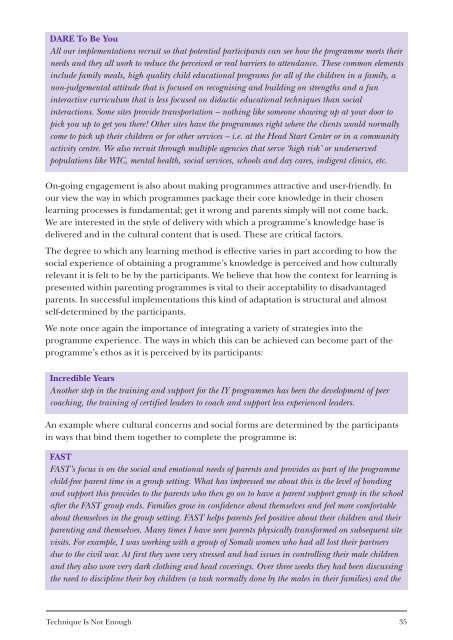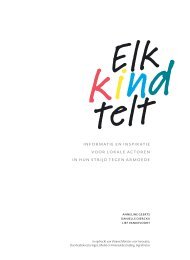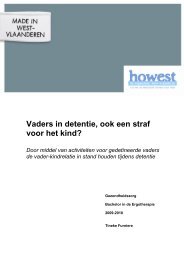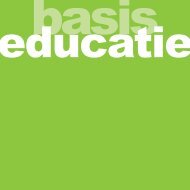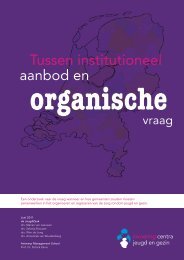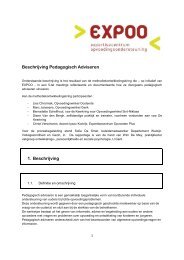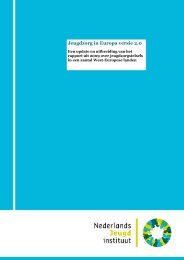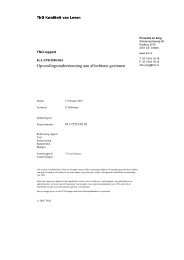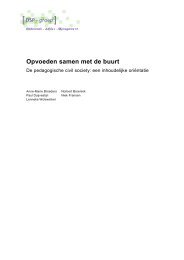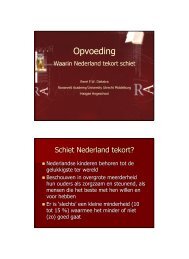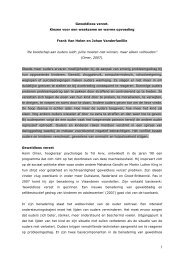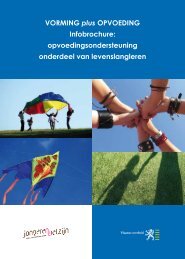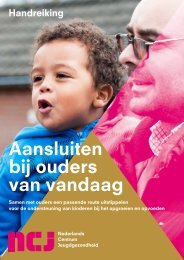Technique Is Not Enough (TINE) - British Psychological Society
Technique Is Not Enough (TINE) - British Psychological Society
Technique Is Not Enough (TINE) - British Psychological Society
- No tags were found...
You also want an ePaper? Increase the reach of your titles
YUMPU automatically turns print PDFs into web optimized ePapers that Google loves.
DARE To Be YouAll our implementations recruit so that potential participants can see how the programme meets theirneeds and they all work to reduce the perceived or real barriers to attendance. These common elementsinclude family meals, high quality child educational programs for all of the children in a family, anon-judgemental attitude that is focused on recognising and building on strengths and a funinteractive curriculum that is less focused on didactic educational techniques than socialinteractions. Some sites provide transportation – nothing like someone showing up at your door topick you up to get you there! Other sites have the programmes right where the clients would normallycome to pick up their children or for other services – i.e. at the Head Start Center or in a communityactivity centre. We also recruit through multiple agencies that serve ‘high risk’ or underservedpopulations like WIC, mental health, social services, schools and day cares, indigent clinics, etc.On-going engagement is also about making programmes attractive and user-friendly. Inour view the way in which programmes package their core knowledge in their chosenlearning processes is fundamental; get it wrong and parents simply will not come back.We are interested in the style of delivery with which a programme’s knowledge base isdelivered and in the cultural content that is used. These are critical factors.The degree to which any learning method is effective varies in part according to how thesocial experience of obtaining a programme’s knowledge is perceived and how culturallyrelevant it is felt to be by the participants. We believe that how the context for learning ispresented within parenting programmes is vital to their acceptability to disadvantagedparents. In successful implementations this kind of adaptation is structural and almostself-determined by the participants.We note once again the importance of integrating a variety of strategies into theprogramme experience. The ways in which this can be achieved can become part of theprogramme’s ethos as it is perceived by its participants:Incredible YearsAnother step in the training and support for the IY programmes has been the development of peercoaching, the training of certified leaders to coach and support less experienced leaders.An example where cultural concerns and social forms are determined by the participantsin ways that bind them together to complete the programme is:FASTFAST’s focus is on the social and emotional needs of parents and provides as part of the programmechild-free parent time in a group setting. What has impressed me about this is the level of bondingand support this provides to the parents who then go on to have a parent support group in the schoolafter the FAST group ends. Families grow in confidence about themselves and feel more comfortableabout themselves in the group setting. FAST helps parents feel positive about their children and theirparenting and themselves. Many times I have seen parents physically transformed on subsequent sitevisits. For example, I was working with a group of Somali women who had all lost their partnersdue to the civil war. At first they were very stressed and had issues in controlling their male childrenand they also wore very dark clothing and head coverings. Over three weeks they had been discussingthe need to discipline their boy children (a task normally done by the males in their families) and the<strong>Technique</strong> <strong>Is</strong> <strong>Not</strong> <strong>Enough</strong> 35


